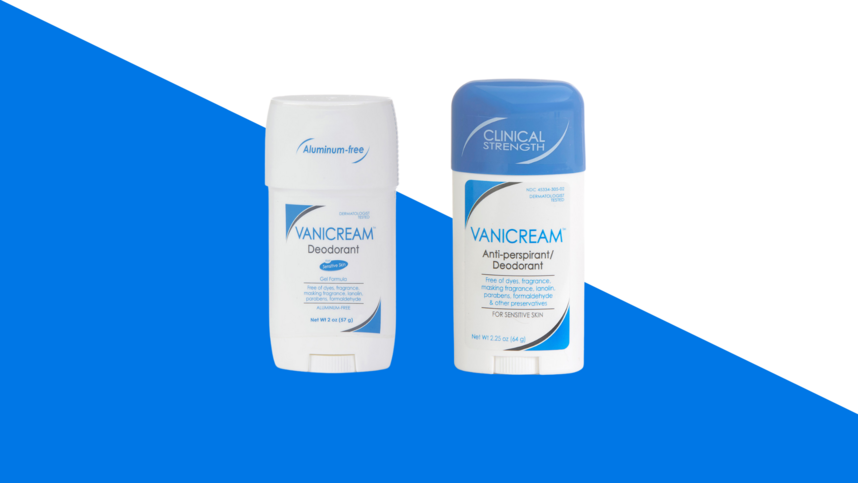Anti-perspirants
Anti-perspirants are formulated to prevent underarm sweating and wetness. Aluminum compounds temporarily plug the sweat ducts, which reduces sweat on the skin surface. Anti-perspirants are regulated by the FDA and are considered over-the-counter (OTC) drugs. The active ingredient must be an approved aluminum compound, and the labeling must include Drug Facts as outlined in the OTC monograph, which provides the FDA “rules” for anti-perspirants.
Deodorants
Aluminum-free deodorants are formulated to neutralize or mask underarm odor. They do not prevent sweating or wetness. A deodorant without aluminum is considered a cosmetic because it does not contain an aluminum compound or other active ingredients.
Anti-perspirants/Deodorants
An anti-perspirant/deodorant combats both sweat and odor in one product. These combination products are very common.
The anti-perspirant component still requires an approved aluminum compound as the active ingredient. Because of this, all anti-perspirant/deodorant products are considered OTC drugs and are regulated by the FDA.
The effect of an anti-perspirant on reducing underarm sweat and wetness has the additional effect of reducing odor.
Aluminum Concerns
Speculation regarding the use of aluminum in anti-perspirants and the risk of breast cancer have been shown to be unfounded. The FDA, the American Cancer Society and the National Cancer Institute have independently investigated and concluded there is no credible scientific/medical evidence linking the use of anti-perspirants to breast cancer.
Irritation
The main concern with using a deodorant or anti-perspirant is skin irritation. For people with sensitive skin this can be a real issue. Most anti-perspirants and deodorants contain fragrances or botanicals to help mask odor. Just because products can say ‘fragrance-free’, this does not mean it is ‘free of fragrance’. Some products claiming to be fragrance-free, unscented or hypoallergenic still contain botanicals, or other ingredients to impart a pleasant smell, that may be irritating to sensitive skin. Even if a product is labeled for sensitive skin, always check the label carefully for common chemical irritants or other ingredients that may be of concern for you.
